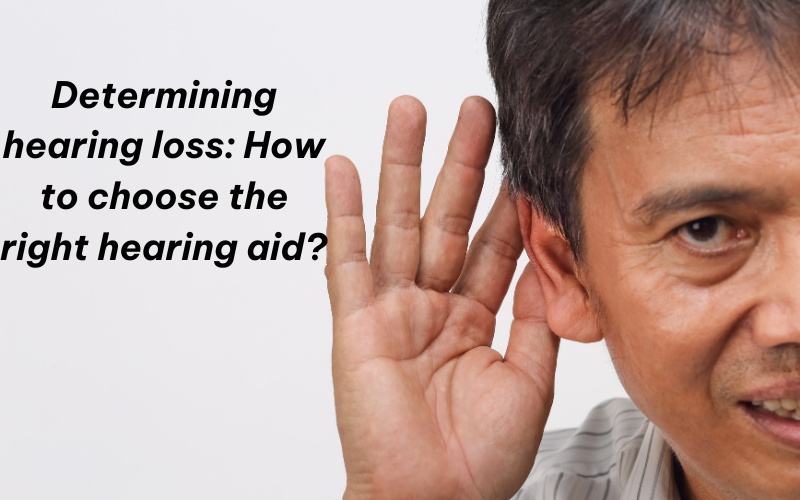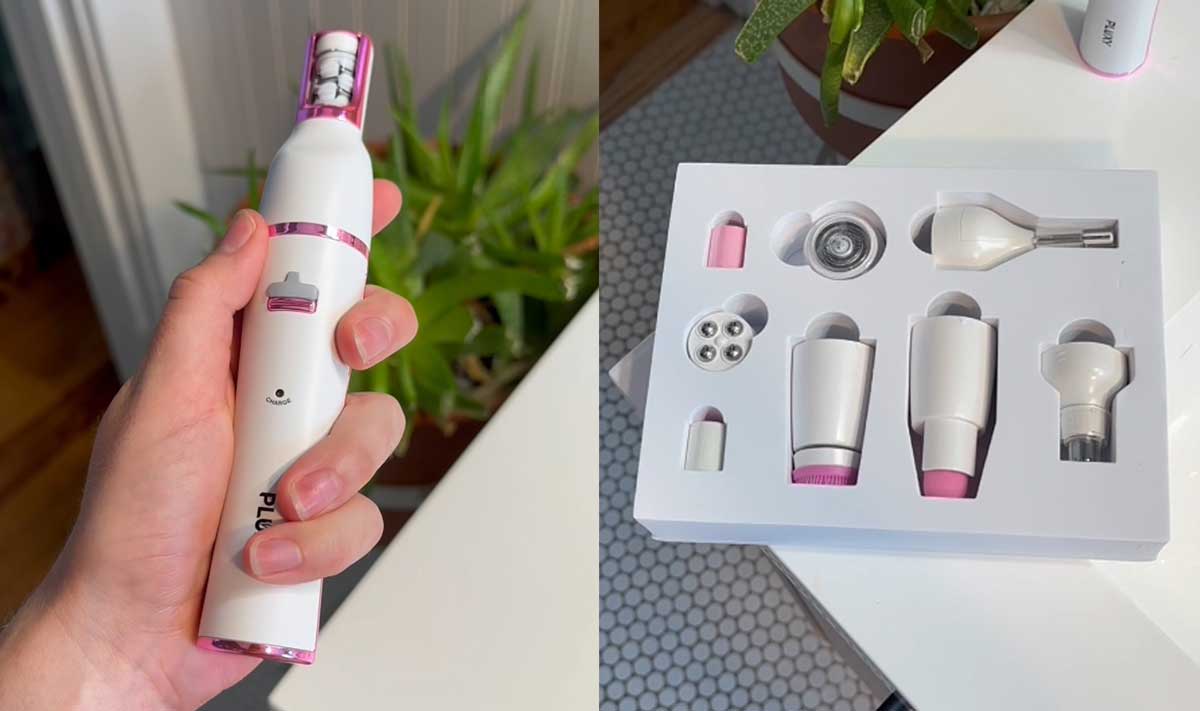
Hearing loss is a common condition that affects millions of people around the world. Fortunately, hearing aids can help individuals with hearing loss to hear better and improve their quality of life. However, with so many different types and styles of hearing aids available, finding the right one for your specific needs can be a challenge. In this article, we’ll discuss how to find the right hearing aid for your type and degree of hearing loss.
Understanding the Different Types of Hearing Loss
Before you can choose the right hearing aid, it’s important to understand the type and degree of your hearing loss. There are three main types of hearing loss: conductive, sensorineural, and mixed.
Conductive hearing loss occurs when there is a problem with the outer or middle ear that prevents sound from reaching the inner ear. This type of hearing loss can often be treated with medication or surgery.
Sensorineural hearing loss occurs when there is damage to the inner ear or the auditory nerve. This type of hearing loss is often permanent and can be caused by age, noise exposure, or certain medical conditions.
Mixed hearing loss is a combination of conductive and sensorineural hearing loss.
Symptoms of Hearing Loss
Hearing loss can be gradual, and often people don’t notice it until it’s affecting their daily lives. Some common symptoms of hearing loss include:
- Difficulty understanding speech, especially in noisy environments
- Frequently asking people to repeat themselves
- Turning up the volume on the television or radio
- Avoiding social situations or conversations due to difficulty hearing
- Tinnitus, or ringing in the ears
If you’re experiencing any of these symptoms, it’s important to speak with an audiologist to have your hearing tested.
Choosing the Right Hearing Aid
Once you have a better understanding of your type and degree of hearing loss, you can begin to explore the different types of hearing aids that are available.
- In-The-Ear (ITE) Hearing Aids: These hearing aids fit directly into the ear canal and are custom-made to fit the shape of your ear. They are typically the most discreet and are suitable for individuals with mild to moderate hearing loss.
- Behind-The-Ear (BTE) Hearing Aids: These hearing aids sit behind the ear and are connected to a custom-molded earpiece that sits inside the ear canal. They are suitable for individuals with mild to severe hearing loss.
- Receiver-In-Canal (RIC) Hearing Aids: These hearing aids are similar to BTE hearing aids but have a small speaker that sits inside the ear canal. They are suitable for individuals with mild to severe hearing loss.
- Completely-In-Canal (CIC) Hearing Aids: These hearing aids fit completely inside the ear canal and are the most discreet. They are suitable for individuals with mild to moderate hearing loss.
- In-The-Canal (ITC) Hearing Aids: These hearing aids sit inside the ear canal but are slightly larger than CIC hearing aids. They are suitable for individuals with mild to moderate hearing loss.
It’s important to work with an audiologist to choose the right hearing aid for your specific needs. They can help you choose a hearing aid that fits your budget and lifestyle and provide ongoing support to ensure you get the most out of your device.
Factors to Consider When Choosing a Hearing Aid
When choosing a hearing aid, there are several factors to consider, including:
- Degree of hearing loss
- Lifestyle and activities
- Budget
- Personal preferences
- Cosmetic concerns
It’s important to consider all of these factors when choosing a hearing aid to ensure that you find a device that works for you and improves your ability to hear and communicate with others.
Conclusion
Choosing the right hearing aid can make a huge difference in your quality of life. By understanding the type and degree of your hearing loss and exploring the different types of hearing aids that are available, you can find a device that works for you and improves your ability to hear and communicate with others. If you’re experiencing any symptoms of hearing loss, it’s important to speak with an audiologist to have your hearing tested and explore your options for hearing aids. With the right device, you can continue to enjoy the sounds of life and stay connected with the world around you.


